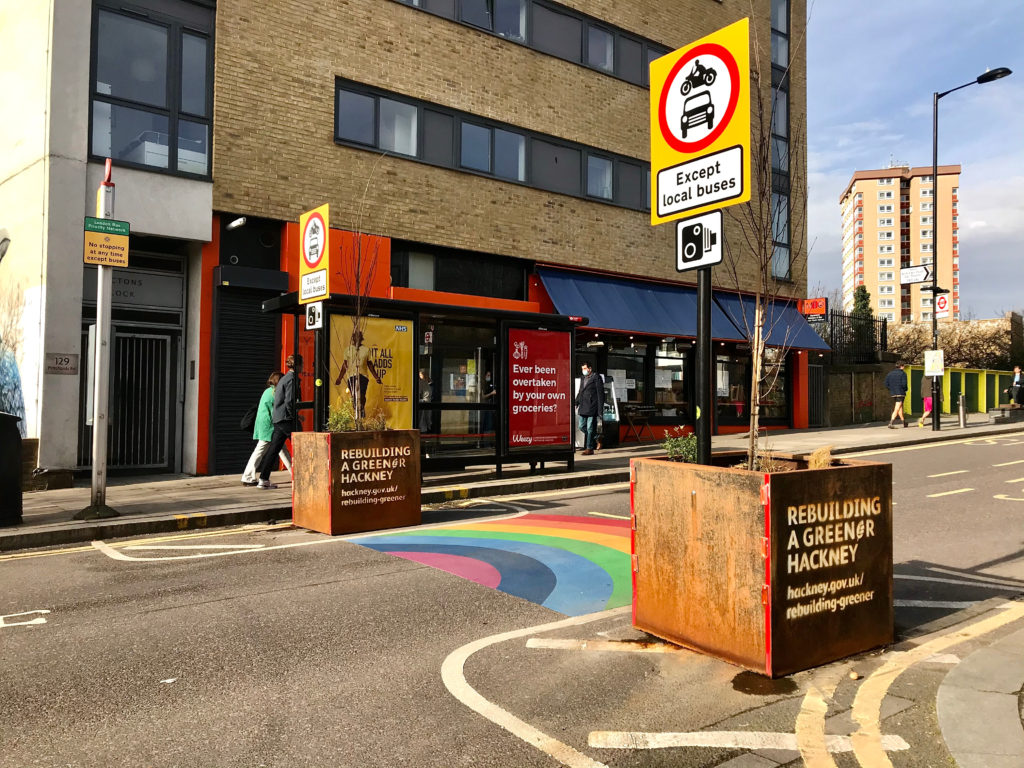Victoria Heald – Transport Planner, WSP
This past year has been revolutionary for transport, with the profession showing that it has the ability to break free from the status quo to deliver transformative schemes that were rarely considered possible before.
This flexibility and drive to adapt is extremely encouraging – if only we could harness the same level of energy when it came to improving diversity in the industry! Admittedly, there have been some efforts to address the lack of diversity in transport and there are individuals and organisations championing change from within, however, a sea change is required to ensure that our industry has representation across all demographics and characteristics. This would not only ensure that the workforce reflects those using transport, but would also bring a wealth of perspectives and solutions help to improve decision-making.
Instances where it is apparent that atypical perspectives could have been useful include the delivery of some Low Traffic Neighbourhoods (LTNs) and emergency ‘pop-up’ cycle lanes. Recent and often high-profile public opposition has often cited that these types of schemes discriminate against vulnerable groups. Whether or not this is the case, it has highlighted that minorities have historically been underrepresented in the transport workforce. Transport professionals need to challenge the status quo again in order to diversify the sector, and reimagine transport systems, to make them equitable, inclusive and accessible for all. This may seem impossible now, but just look at what was achieved by the profession when streets were transformed during the pandemic.
Diversity should be in the forefront of practitioners’ minds every day, but events like the Transport Practitioners’ Meeting help to increase understanding and also demonstrate the topic’s importance, positively contributing to change.
The sheer breadth of the ‘Inclusion and Accessibility’ presentations included on the programme of this year’s Transport Practitioners’ Meeting shows just how broad and complex this subject area is. It is particularly inspiring to see brand new themes emerging that have yet to be featured at the conference before: Queer mobility, unconscious bias, and inclusive COVID-19 recovery to name a few. Sessions such as these create exposure to alternative ways of thinking; this is why it is vital that diversity is being addressed at the Transport Practitioners’ Meeting.
Victoria Heald is a transport planner at WSP and will be presenting her research on transport accessibility on day two of the conference.

